Year published :2018
Pages :304 pp., illustrations
Size :15 x 23 cm., paperback
Rights :Thailand, Myanmar, Cambodia, Laos, Vietnam
ISBN: 9788776942366
Queer Comrades: Gay Identity and Tongzhi Activism in Postsocialist China
by NIAS PressBy Hongwei Bao
This very timely, well-written and insightful exploration of gay identity and queer activism in the People’s Republic of China today is more than a study of ‘queer China’ through the lens of male homosexuality; it also examines identity, power and governmentality in contemporary China, as shaped by China’s historical conditions and contemporary situations. This book offers in-depth analysis of recent queer history and contemporary cultural texts, including the processes by which queer theory and activism was introduced and received in the PRC, the transformation of Shanghai’s queer spaces, leading queer filmmaker Cui Zi’en life and works, and personal diaries written by gay men receiving conversion therapies. It also presents rich ethnographic data gained from fieldwork conducted in Beijing, Shanghai and Guangzhou's urban gay communities and documents queer public cultural events such as the Shanghai LGBT Pride, the Beijing Queer Film Festival, the China Queer Film Festival Tour, as well as a clash between cruising gay men and the police over the use of public space in the People’s Park, Guangzhou.
This book offers a queer Marxist analysis of sexual identity and social movements in contemporary China, where ideological negotiations between socialism and neoliberalism are constantly played out in the formation of public cultures and intimate spheres. In doing so, it critically assesses the role of Marxism and China's socialist legacies in shaping sexual identity, queer popular culture and political activism. Although the first of its kind from a cultural studies perspective, this interdisciplinary study speaks to scholars working in disparate fields including anthropology, sociology, media studies, film studies, political theory, and Asian Studies.
Highlights
- First book on gay identity and queer activism in the PRC examined from a cultural studies perspective.
- An interdisciplinary project that combines historical and critical analysis of queer cultural texts and ethnographic studies of queer public culture in urban China.
- Offers keen insights on identity, power and governmentality in China.
About the Author
Dr Hongwei Bao is Assistant Professor in Media Studies at the University of Nottingham, UK. He holds a PhD in Gender and Cultural Studies from the University of Sydney, Australia.
Critical acclaim
"This is a well-researched and gracefully written monograph. It is extremely accessible and digestible, integrating a wide range of theoretical positions in a nuanced assessment of the “social” in postsocialist queer China."
– Howard Chiang, University of California, Davis'
"This is impressive, high-quality work. The literary style is pleasant and readable, with the author’s thoughtful, engaged and gently humorous personality coming through the writing in a very agreeable way. The work’s contribution to its field is also considerable. It offers an original, theoretically engaged analysis of new empirical material on gay (and to some extent lesbian) lives, texts, histories and cultures in the People’s Republic of China today."
– Fran Martin, University of Melbourne
"It is beautifully written: militantly lucid in its presentation of complex ideas, many of which (like the central terms of tongzhi / "queer comrades") are "in translation" between Chinese and English-language histories of thought and political activism. The prose is eloquent, moving and often provocative but never dull or full of routine. This is an outstanding achievement."
– Meaghan Morris, University of Sydney
"This book makes an original contribution to knowledge about gay identity and politics in contemporary China. This includes his argument that the socialist past is still present in gay politics, his wonderfully insightful mapping of a social geography of gay identity in Shanghai, his delineation of postsocialist technologies of the self, his provocative development of the idea of a queer public sphere, and his inclusion of his own standpoints, viewpoints, ethnographic methods, and personal past experiences woven into the heart of his book in such a way that they illuminate his arguments convincingly."
– Lisa Rofel, University of California, Santa Cruz
Contents
Acknowledgements
Notes on Translation and Transliteration
1. Introduction: Queer Comrades
2. Imagined Cosmopolitanism: Queer Spaces in Shanghai
3. From Comrade to Queer: A Genealogy of Tongzhi
4. How to Transform the Self: Lessons From Conversion Therapy
5. Cui Zi’en the Queer: Portrait of A Filmmaker
6. ‘To the People’: Travelling Queer Film Festivals
7. ‘Comrades Are Also People’: Tongzhi in Mobilisation
8. Conclusion
Bibliography
Filmography
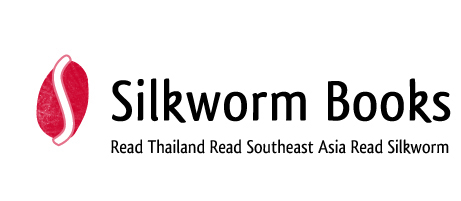
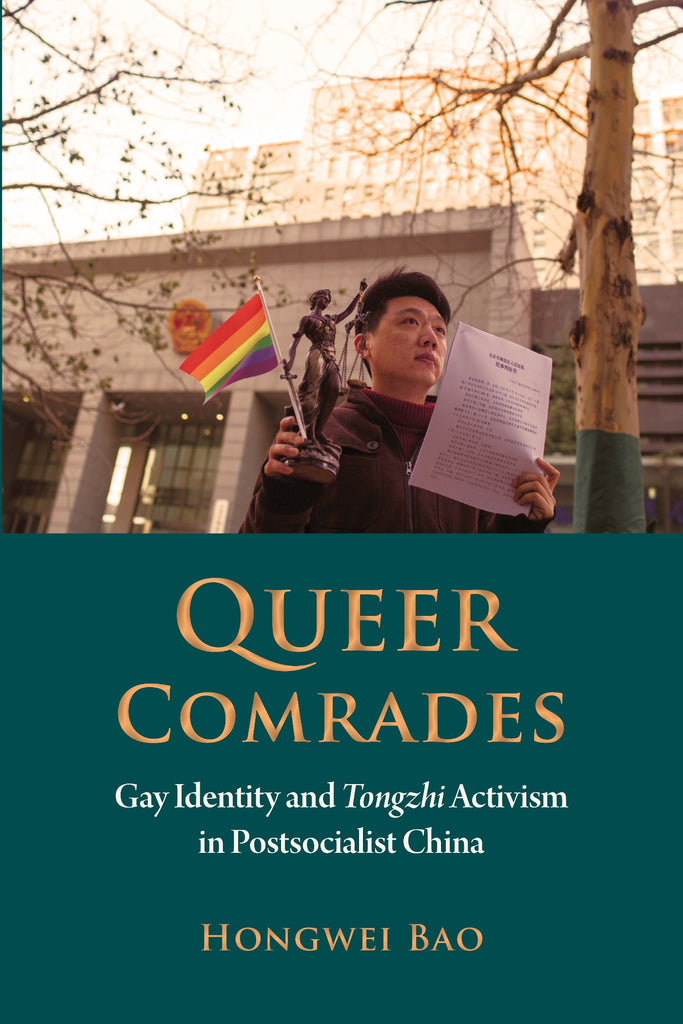
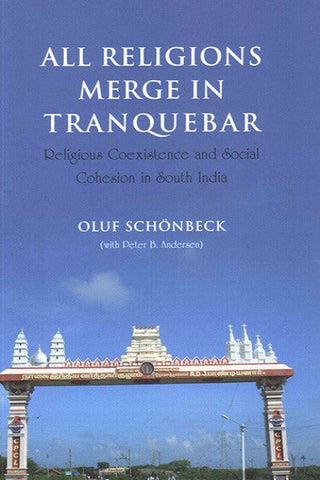
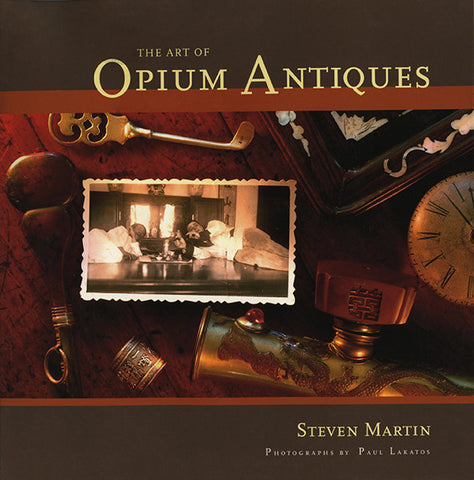
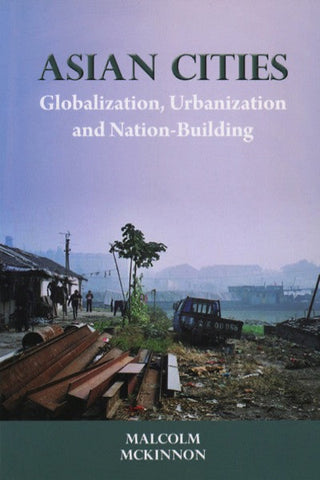
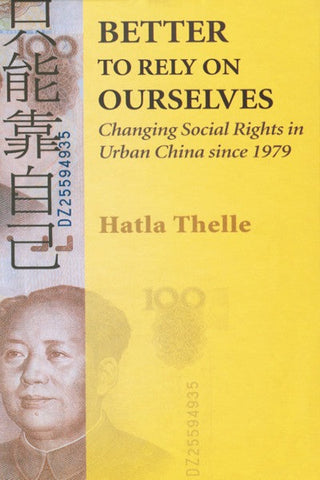
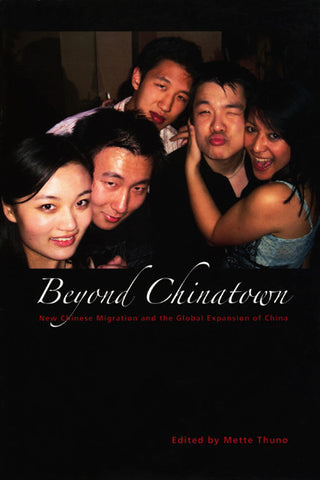
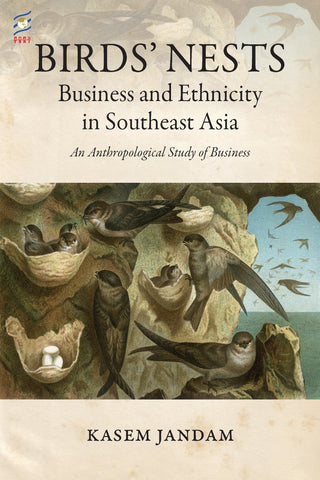
Share this item: